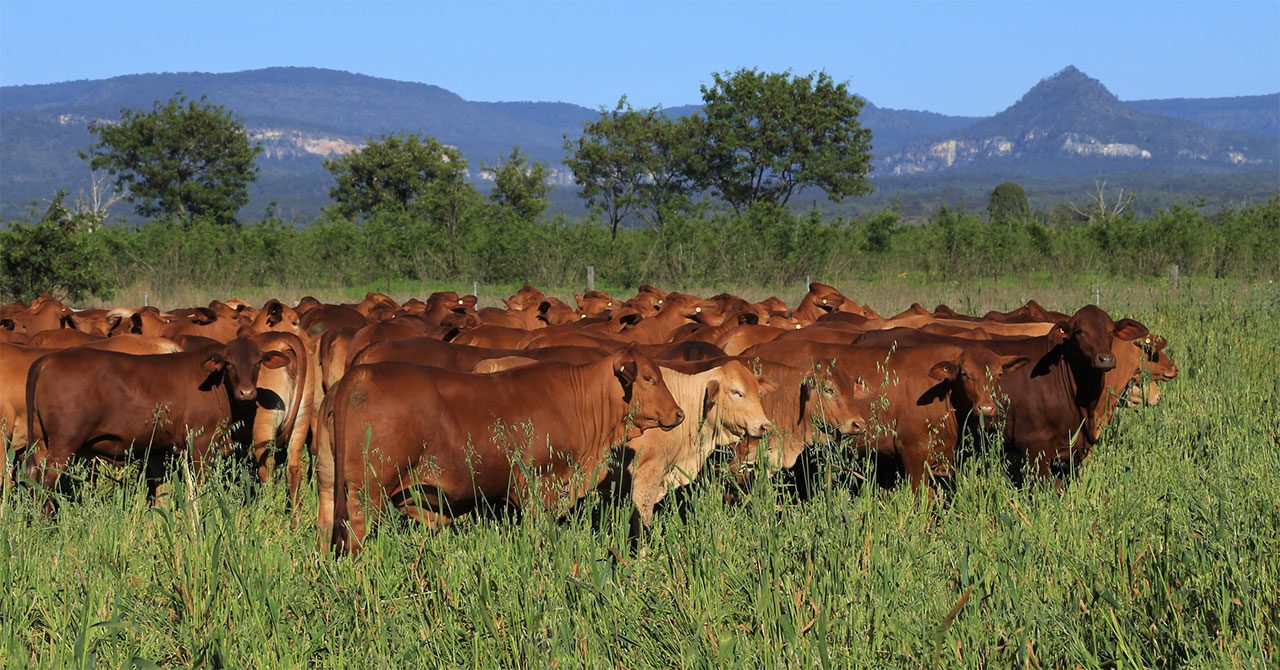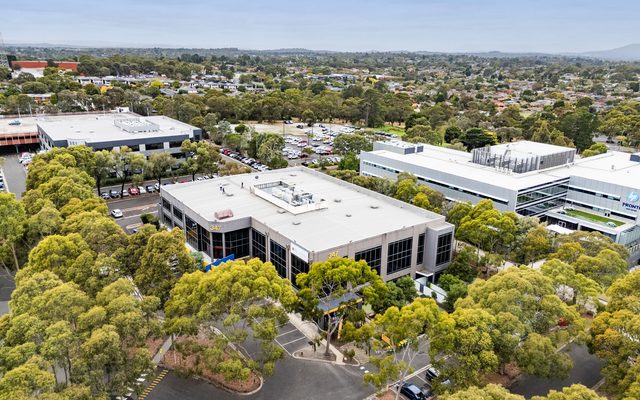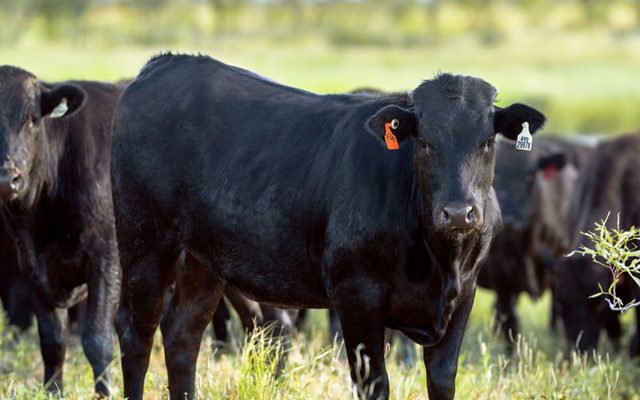This article is from the Australian Property Journal archive
CHINA has dropped its ban on beef from five Australian plants, loosening some $1 billion worth of trade restrictions that have been in place since it retaliated to Australia’s call for an investigation into the origins of COVID-19 in the early stages of the pandemic.
The news is cause for sigh of relief for farmers and landowners, who were already hoping the government’s Australian Bureau of Agricultural and Resource Economics and Sciences’ forecasts of a 24% uplift in cattle prices this year would come to fruition.
The plants re-admitted for China include JBS plants in Dinmore and Toowoomba, both in Queensland, Kilcoy Global Foods and Meramist in Caboolture, both also in Queensland, and Northern Cooperative Meat Co in Casino, NSW.
The five plants have a combined daily capacity of around 6,000 head.
The Australian Meat Industry Council welcomed the news, with CEO Patrick Hutchinson saying it was a “great outcome not only for these companies, but the clients some of them process for, and the thousands of farmers and feedlots they support through cattle purchase”.
Two plants remain on China’s suspended list, including John Dee in Warwick, Queensland, and Australian Country Choice in Brisbane.
China had been the biggest importer of Australian beef in 2019, accounting for one quarter of all exports. It stopped importing Australian beef in May of 2020, as relations between the two countries frosted amid COVID tensions, which saw trade bans on other items including wine and barley. Those were respectively lifted late last year and early this year, while a ban on lobsters remains.
China also lifted a ban on three Australian meat exporters last December.
After the 2020 beef ban, there was a 30% decrease in China’s beef import from Australia in one year since May 2020, while China’s total beef import increased by 10%. South American countries filled the breach in China, increasing their market share from 68% to 73%. Australia’s market share decreased from 16% to 8% over the same period.
Meanwhile, import from US surprisingly increased to 6% in 2023 from less than 1% in the context of US-China trade war, and import from New Zealand decreased from 12% to 8%.
Australian beef exports have been strong recently as growth continued most key markets.
Leader of The Nationals, David Littleproud said the lifting of suspensions was a positive step for Australian beef farmers and producers, and that challenge would now be the strain on the processing workforce, “which is why we desperately need to reinstate the Agriculture Visa, to help give our beef industry the tools our farmers need”.
“The sector is currently working at just 60% to 70% of capacity. The Ag Visa would help the workforce by allowing more capacity and in turn, increasing supply, which would help drive beef prices down for families at the checkout amid a cost-of-living crisis.”




